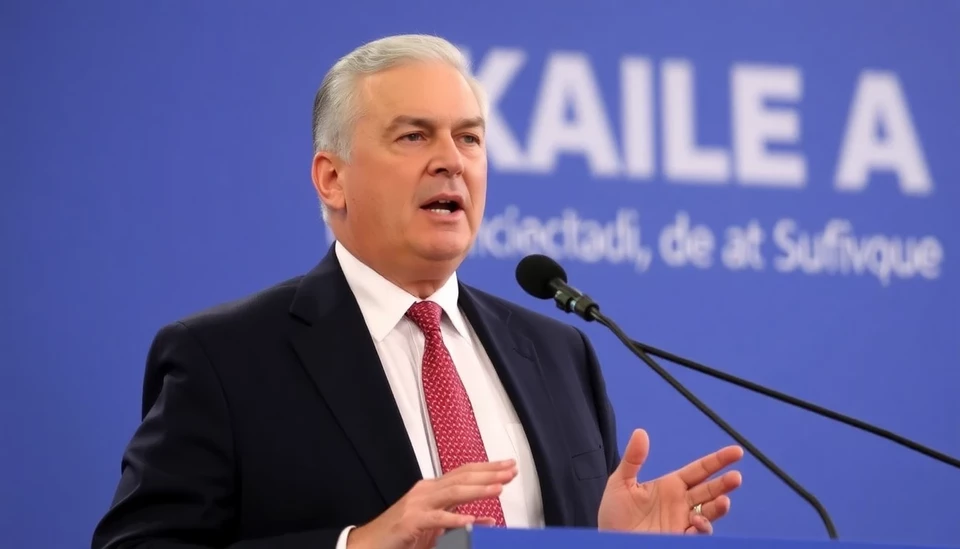
In a significant move to bolster its struggling economy, the Central Bank of Chile has decided to decrease its benchmark interest rate by a quarter percentage point. This decision comes as the country grapples with economic conditions that are currently falling short of their potential. The adjustment, which brings the rate down to 11.25%, was not unexpected, given the recent economic data indicating weaker than anticipated growth.
In their latest announcement, the central bank revealed that the economy is showing signs of stagnation, leading to a reassessment of monetary policy. The International Monetary Fund (IMF) had previously projected Chile's economy would grow at a rate of just 1.7% for the year, a considerably lower figure compared to previous forecasts. This picture of economic underperformance highlights the challenges the nation continues to face, including high inflation and low consumer spending.
The central bank’s decision reflects a strategic response to these economic realities. By lowering interest rates, policymakers aim to stimulate demand for business investments and consumer spending. The intention is to provide some relief to businesses and consumers, making borrowing cheaper as Chile moves into a period where maintaining sustainable economic growth is paramount.
Despite the reduction in rates, the bank has kept a cautious outlook regarding inflation, reiterating that it remains above target limits. The bank's board stated they will continue to closely monitor inflation trends and the broader economic indicators. Their actions signal a commitment to adapting monetary policy in the face of evolving challenges, and they are prepared to implement further changes as necessary.
The Central Bank of Chile also took the opportunity to underline its commitment to maintaining financial stability while navigating through these turbulent economic times. It emphasized that the growth of the economy will be key to restoring confidence among investors and consumers alike. Future economic policies will likely focus on measures that encourage growth, investment, and consumer confidence.
As the nation anticipates the effects of this rate cut, there is cautious optimism among economists and analysts who believe this decision may help to foster a more conducive environment for recovery in the longer term. However, the central bank has indicated that any further rate changes will depend largely on forthcoming economic data.
Moving forward, all eyes will be on how Chile’s economic landscape evolves in response to this policy shift. Stakeholders from all sectors are hopeful that the combination of lower interest rates and strategic economic initiatives will catalyze growth and restore the health of one of Latin America's critical economies.
As we look toward 2024, the Chilean government and central bank will need to navigate a delicate balance of encouraging economic activity while keeping inflation in check, ensuring any progress does not compromise the financial stability that is crucial to long-term recovery.
#Chile #CentralBank #InterestRates #EconomicGrowth #Inflation #MonetaryPolicy #IMF #Finance #SouthAmerica
Author: Rachel Greene




